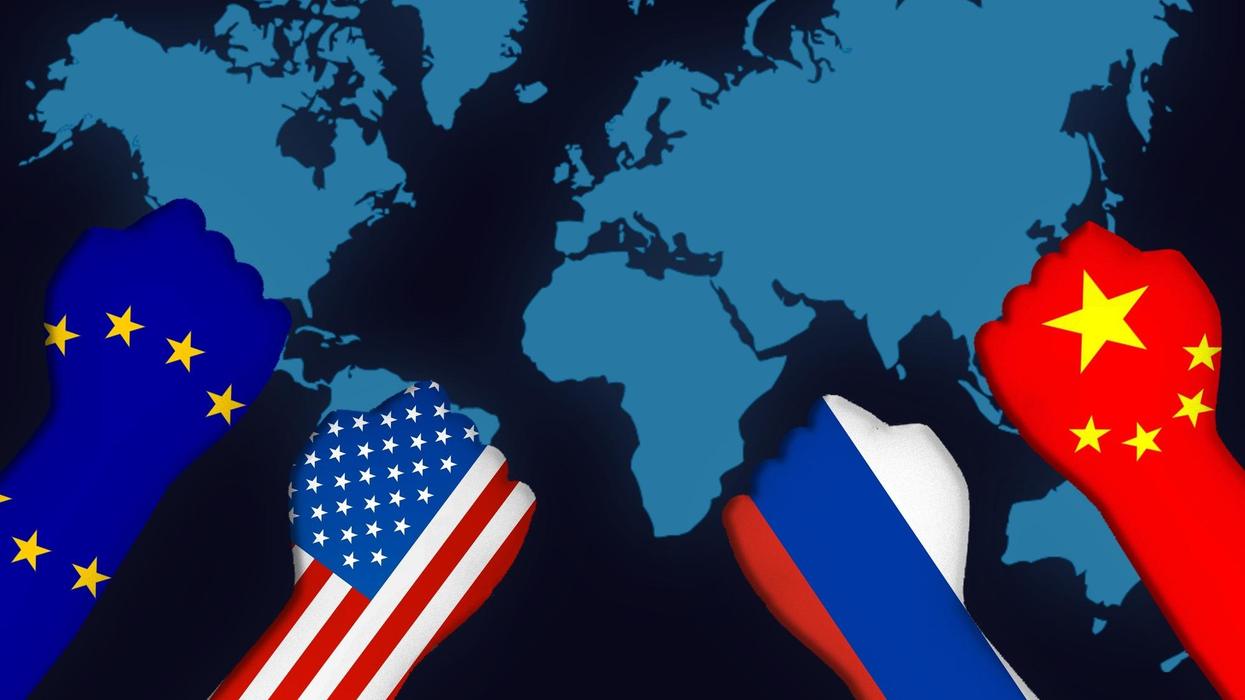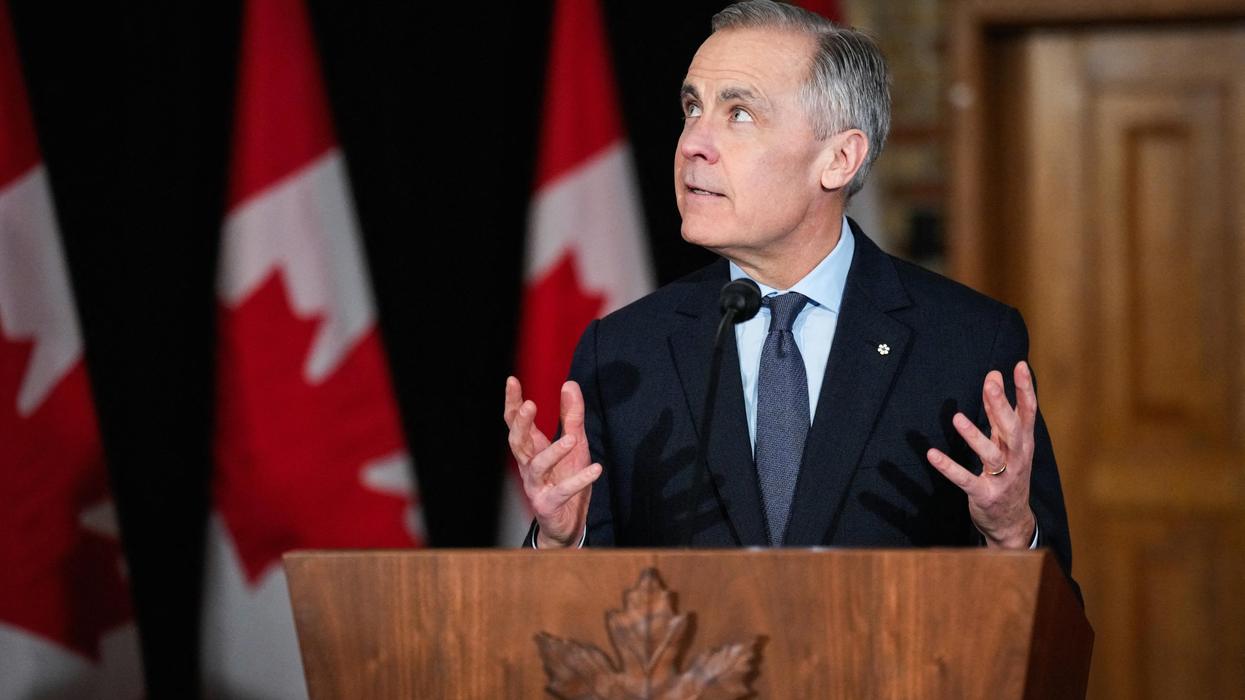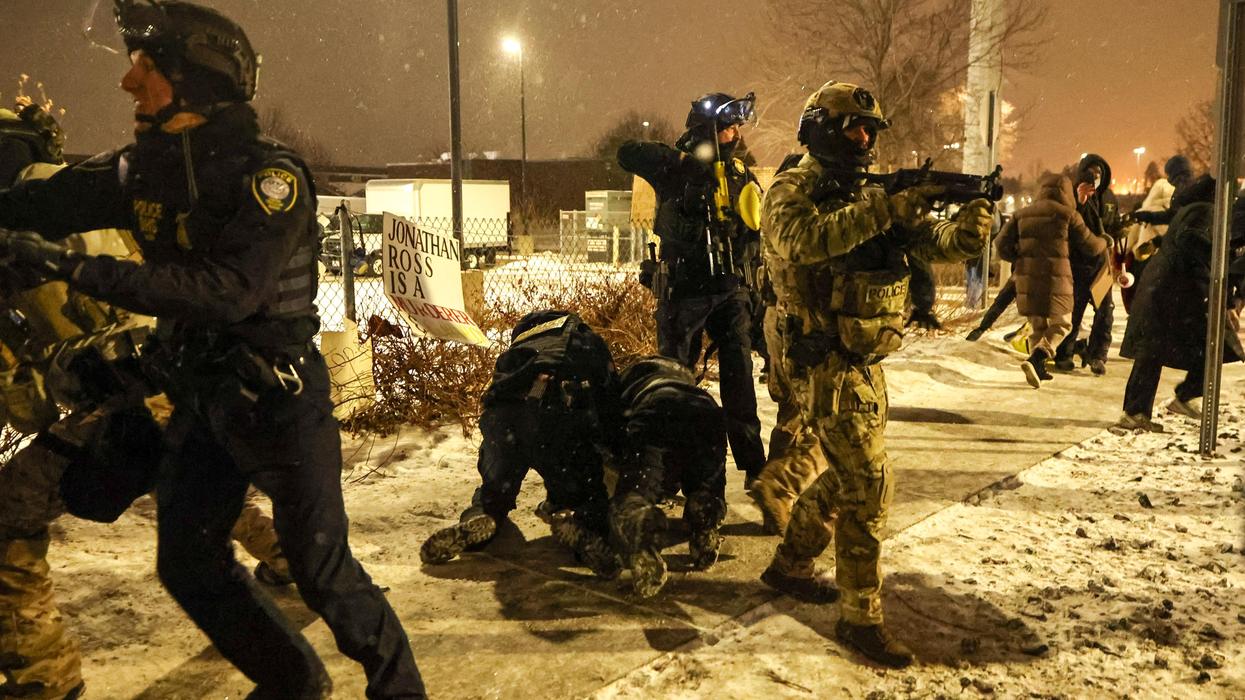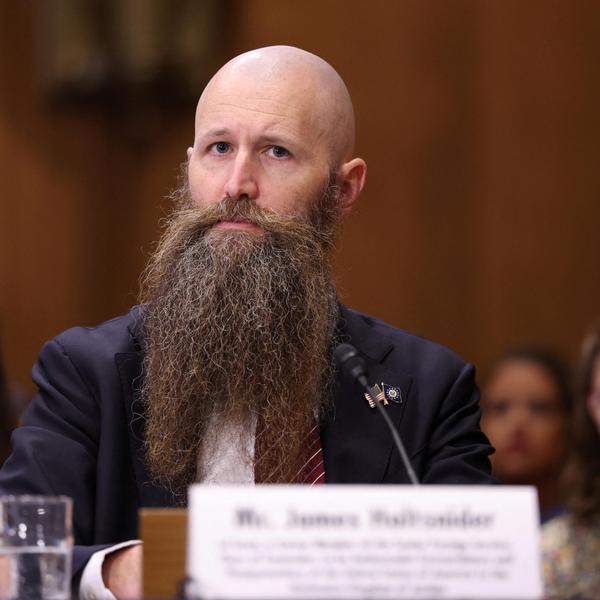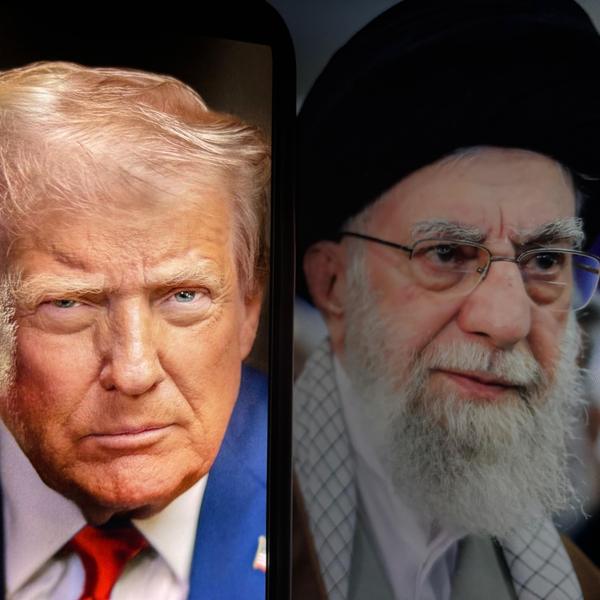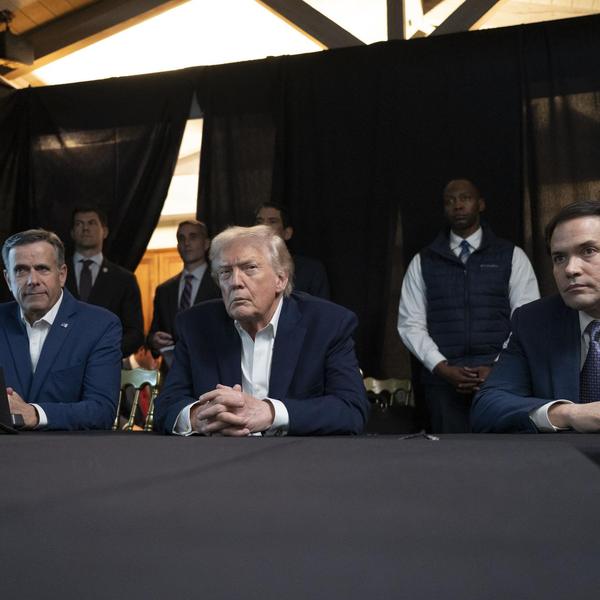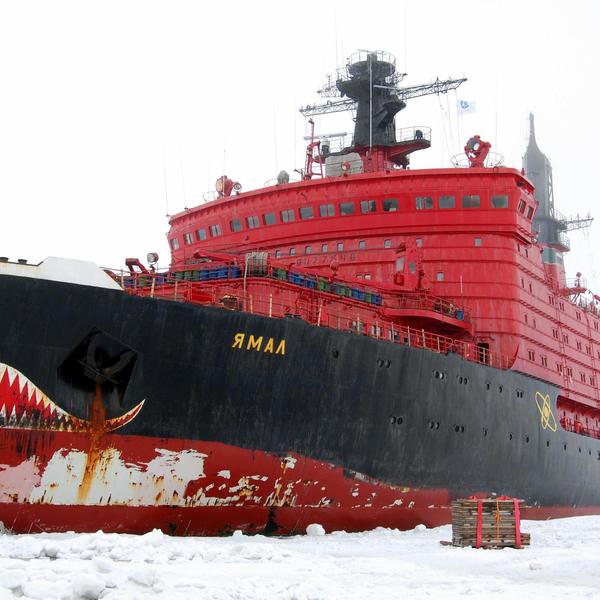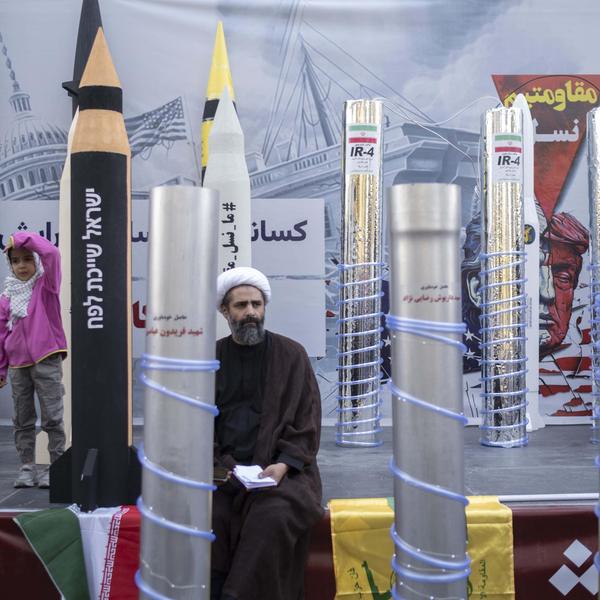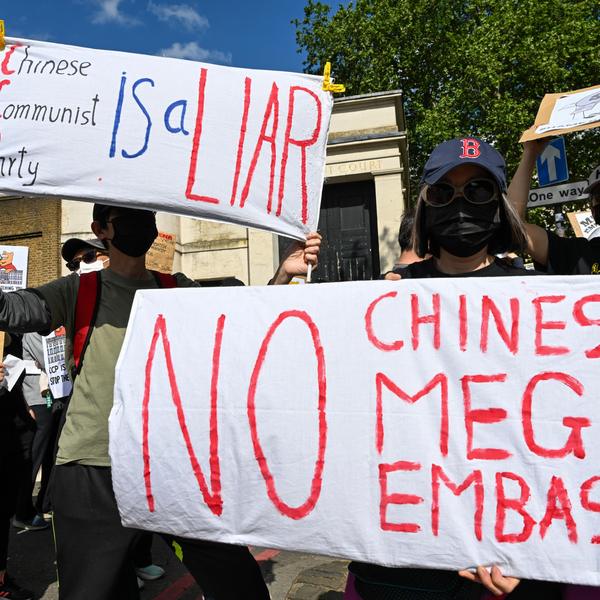In 1971, CIA Director Richard Helms told the American Society of Newspaper Editors that, “The nation must to a degree take it on faith that we too are honorable men devoted to her service.” When I became a British journalist 15 years later, the hoots of derision these words had provoked among journalists were still echoing in our collective ears. A veteran colleague advised me instead to remember the thought that a journalist going into an interview should keep in mind “Why is this lying bastard lying to me?”
To say this is not to impugn the honor of Mr. Helms or his colleagues. No doubt most of them were in fact patriotic men doing their duty according to their lights. The point is that by the same token, it is the duty of journalists to interrogate those in office — and especially those making claims on the basis of “secret” information — and not take what they are told “on faith.”
Except in extreme cases of illegality, government officials cannot act like journalists and constantly seek out and reveal confidential information. If they did that, government would soon grind to a halt. If something is being done that is against their professional ethics or personal conscience, they must resign. But if journalists start behaving like government officials repeating official propaganda, U.S. democracy will have taken a long step towards its grave.
I was reminded of this when watching the exchange — which should be shown in every training course for journalists as long as the profession lasts — between State Department spokesman Ned Price and Matt Lee of Associated Press concerning the U.S. government claim, on the basis of alleged but unspecified “intelligence,” that Russia has fabricated a “false flag” video claiming to show a Ukrainian attack as a pretext to invade Ukraine.
Lee asked, " What evidence do you have to support the idea that there is some propaganda film in the making?"
Price: “This is information that is available to us, that we are now giving you.”
Lee: “That’s not evidence, Ned. That’s you saying it…You just come out and say this and expect us to believe it without you showing a shred of evidence that it’s actually true, other than when I ask, or anyone else asks, “what’s the information,” you say I just gave it to you, which is just you making a statement.”
The State Department spokesman then declared — in a shameful attempt at evasion and intimidation:
“If you doubt the information that we give out, or the British government gives out, and find solace in what the Russians are putting out…”
The really depressing thing about this exchange is that Price and the State Department clearly made this claim in the sublime confidence that most of the U.S. establishment media would in fact take it on trust without further investigation — and they were probably right. Many U.S. journalists do ask tough questions of those in authority when it comes to domestic politics —but unfortunately they do so more to support one political party or the other, rather than to seek the truth. When it comes to the bipartisan foreign and security policy establishments, all too many journalists take the government’s statements on trust, especially when they come with the supposed authority — and unverifiability — of “intelligence.”
No minimally conscientious journalist can possibly behave in this fashion. It’s particularly unprofessional after the blatantly unsupported “information” provided to the public by American and British intelligence over the past 20 years, and the shocking willingness of most of the media (and think tank analysts) to swallow and excrete it.
The road of government fabrications stretches from the lies used to justify the invasion of Iraq (including the “Dodgy Dossier” cooked up by British intelligence), through the totally unsubstantiated allegations about President Trump provided by the “former” British intelligence agent Christopher Steele, to the charge that Russia was paying the Taliban to kill Americans — a charge that U.S. intelligence itself later admitted had no adequate basis in evidence, but which was initially reported without question by most of the media.
Above all, journalists should learn from 20 years of official lying about the situation in Afghanistan, revealed in the reports of the Special Investigator for Afghanistan Reconstruction (SIGAR) and the secret official documents collected by Craig Whitlock of the Washington Post as the “Afghanistan Papers.” Once again, far too few U.S. journalists truly questioned the official line about what was happening in Afghanistan.
The title “Afghanistan Papers” was intended to recall the 1971 “Pentagon Papers,” leaked by Defense Department official Daniel Ellsberg to reveal the way in which the U.S. government and military had lied about what was happening in Vietnam.
For a few years during and after the Vietnam War, U.S. establishment journalists did consider it their duty to interrogate the people and institutions making foreign and security policy, and the “information” that they pumped out. Since then, among all too many, this sense of duty has been undermined by a combination of personal advantage, editorial pressure, American patriotism, and an instinctive, unexamined identification of American policy with freedom and democracy in the world.
But most U.S. journalists covering the Vietnam War (particularly in the early years) toed the government’s line. To blast them out of this complicity required 60,000 American dead, millions of Vietnamese dead, atrocities that forever tarnished the reputation of the U.S. armed forces, dreadful social strife among Americans at home, and Watergate. Let us hope that the U.S. media will not need catastrophes on this scale to recall them to their sense of professional duty. In the meantime, they still have Matt Lee and others to set an example.


